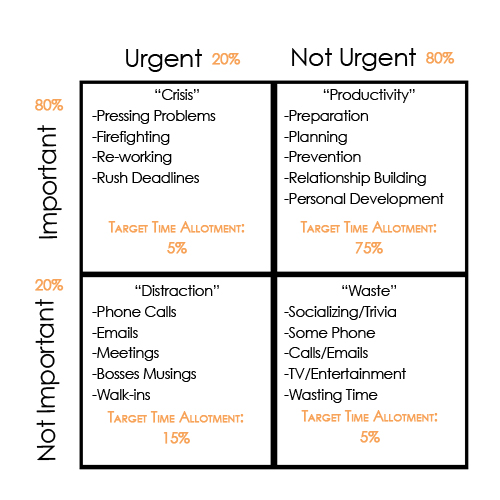Enhance Project Outcomes
Enhancing project outcomes is a key objective for any project manager. The success of a project is measured not only by its ability to meet the project goals but also by how well it meets or exceeds the expectations of stakeholders. In this article, we will discuss strategies for enhancing project outcomes.
Recently, my role has changed to Project Manager within Corporate FSI (Foreign Systems Interfaces) team at Universal Health Services. While I have been technically managing implementation, and new builds for our Acute facilities involving Physician Billing for the last two-three years, it’s nice to pursue this course, officially.
- Define Project Goals Clearly
The first step in enhancing project outcomes is to define project goals clearly. The project manager should work with the stakeholders to identify the specific objectives of the project and how they can be achieved. Goals should be specific, measurable, attainable, relevant, and time-bound (SMART) to ensure they are achievable.
- Develop a Comprehensive Project Plan
A comprehensive project plan is critical to project success. The project plan should outline the project’s scope, objectives, timelines, resource requirements, and risk management strategies. A well-developed project plan will help the project manager keep the project on track and avoid scope creep.
- Foster Effective Communication
Effective communication is essential to project success. The project manager should establish communication protocols and ensure that all stakeholders are kept informed about project progress. Regular project status reports, meetings, and progress updates can help to build trust and maintain stakeholder engagement.
- Manage Project Risks
Risk management is an essential component of project planning. The project manager should identify potential risks and develop strategies to mitigate or avoid them. Risk management should be an ongoing process throughout the project life cycle to ensure that risks are identified and addressed promptly.
- Monitor and Control Project Progress
Monitoring and controlling project progress are critical to project success. The project manager should use performance metrics to track progress against project goals and adjust the project plan as needed. By monitoring project progress, the project manager can identify issues and make course corrections to ensure that the project remains on track.
- Ensure Quality Control
Quality control is another key component of project success. The project manager should establish quality control protocols and ensure that project deliverables meet or exceed stakeholder expectations. Quality control should be an ongoing process throughout the project life cycle, with quality checks performed at each stage of the project.
- Foster Continuous Improvement
Continuous improvement is essential to enhancing project outcomes. The project manager should evaluate project performance and identify areas for improvement. Lessons learned from the project should be documented and shared with the project team to ensure that the same mistakes are not repeated in future projects.
In Summary
Enhancing project outcomes requires a comprehensive approach that includes defining project goals clearly, developing a comprehensive project plan, fostering effective communication, managing project risks, monitoring and controlling project progress, ensuring quality control, and fostering continuous improvement. By following these strategies, project managers can ensure that their projects meet or exceed stakeholder expectations and deliver successful outcomes.
#infobymattcole
 You can check out Matt’s LinkedIn account, Youtube Channel, or Podcast.
You can check out Matt’s LinkedIn account, Youtube Channel, or Podcast.Introducing my new books, ‘The Art of Critical Thinking’ and ‘The Critical Thinking Model’. Both can be read for free with Kindle Unlimited or $2.99 each via Kindle.






